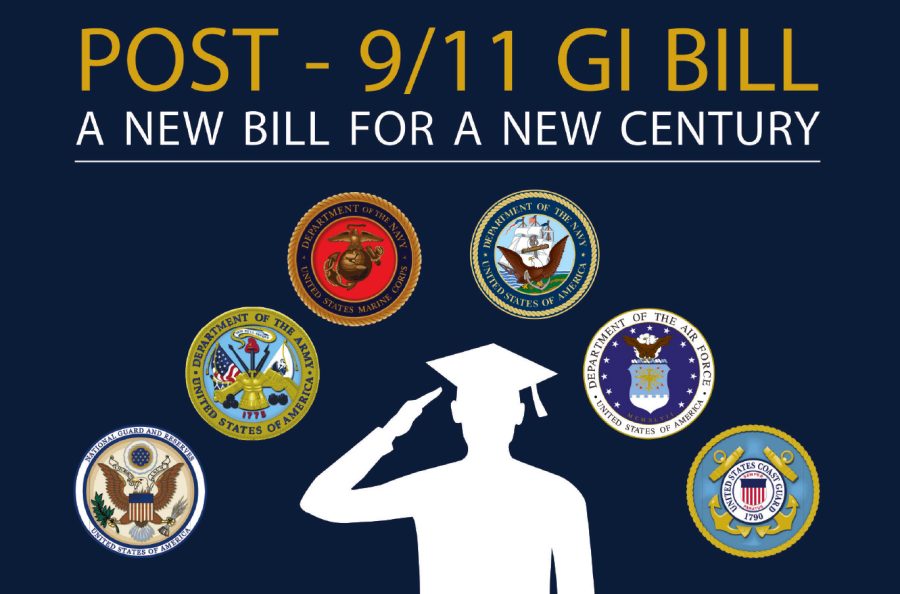The number of students claiming veteran status at UMass Boston has more than doubled from 228 in 2005 to 567 in 2012. Continued growth in the veteran population is expected, and with this an increase in benefits in the form of their Post-9/11 G.I. Bill entitlements.
Given the anticipated upward trend in enrollment numbers (owing in large part to the large influx of multiple-deployment veterans from Iraq and Afghanistan who are returning home), it is clear that the university must improve existing services and develop new systems. These systems would serve to coordinate, manage, and support the enrollment, personal and academic success of its student veterans.
Understanding, on an educational and personal level, the climate surrounding the acknowledgement of what student veterans need to complete degrees is essential to improve the services we receive at UMass Boston.
With our nation’s recent scaling down in Iraq and Afghanistan, many veterans have come home in recent years and more will be returning in the future. Many of these veterans will want to use their post-9/11 G.I. Bill educational benefits in order to be able to afford college once home.
With this process, the veteran earns his or her degree and the institution benefits financially (and otherwise) from having a veteran enrolled and on campus—it’s a win-win for both parties. Therefore, it would behoove the university to improve its existing programs and on-campus resources for veterans in order to better recruit, engage and retain student veterans.
I think that many on campus would agree that two major issues create barriers for veteran’s services on our campus.
First, we currently have a single gatekeeper for helping veterans gain access to their educational entitlements and campus services. This gatekeeper has very specific opinions regarding the values and authority of the military, favors students who share his opinions, and has been known to create barriers for both students and staff who view military and student veterans’ needs differently.
Also, there is fragmentation of services; many entities say they serve veterans but there is nothing facilitating access to these resources.
I recommend that the following institutional changes be implemented as soon as possible:
- A consolidated and collaborative effort between students, faculty and staff that will take into account the relative values of specialized knowledge or training, versus lived experience (“nothing about us, without us” with respect to veterans’ issues). Outreach programs, designed by and for veterans, and the establishment of (formalized or otherwise) community-building peer-to-peer networks of veterans should be considered as well.
- Creation of a new Center of Academic and Personal Excellence for Veterans (CAPEV). This should embody as many characteristics of outstanding veterans’ services programs as possible (as observed at UMass Amherst and UMass Lowell.) This would include (but not be limited to) the creation of a veterans’ One-Stop-type space, and an improved Veterans’ Center for UMB’s veteran students with the CO and support staff’s office spaces located adjacent to it, (as is the practice at UMass Amherst and UMass Lowell).
- Separate orientation sessions and transition courses for incoming veterans. Place the program in the Division of Student Affairs, to be administered through the Associate Dean’s office, thus maximizing the emphasis on a genuinely student-centered and service-oriented approach to veterans’ services.
- Employment of staff that have either clinical experience or appropriate training so that they may assist veterans: medical practitioners with specific training relating to afflictions commonly suffered by veterans.
- Employment of a person as certifying officer who can implement the above recommendations effectively and with a positive vision for the future.





















































